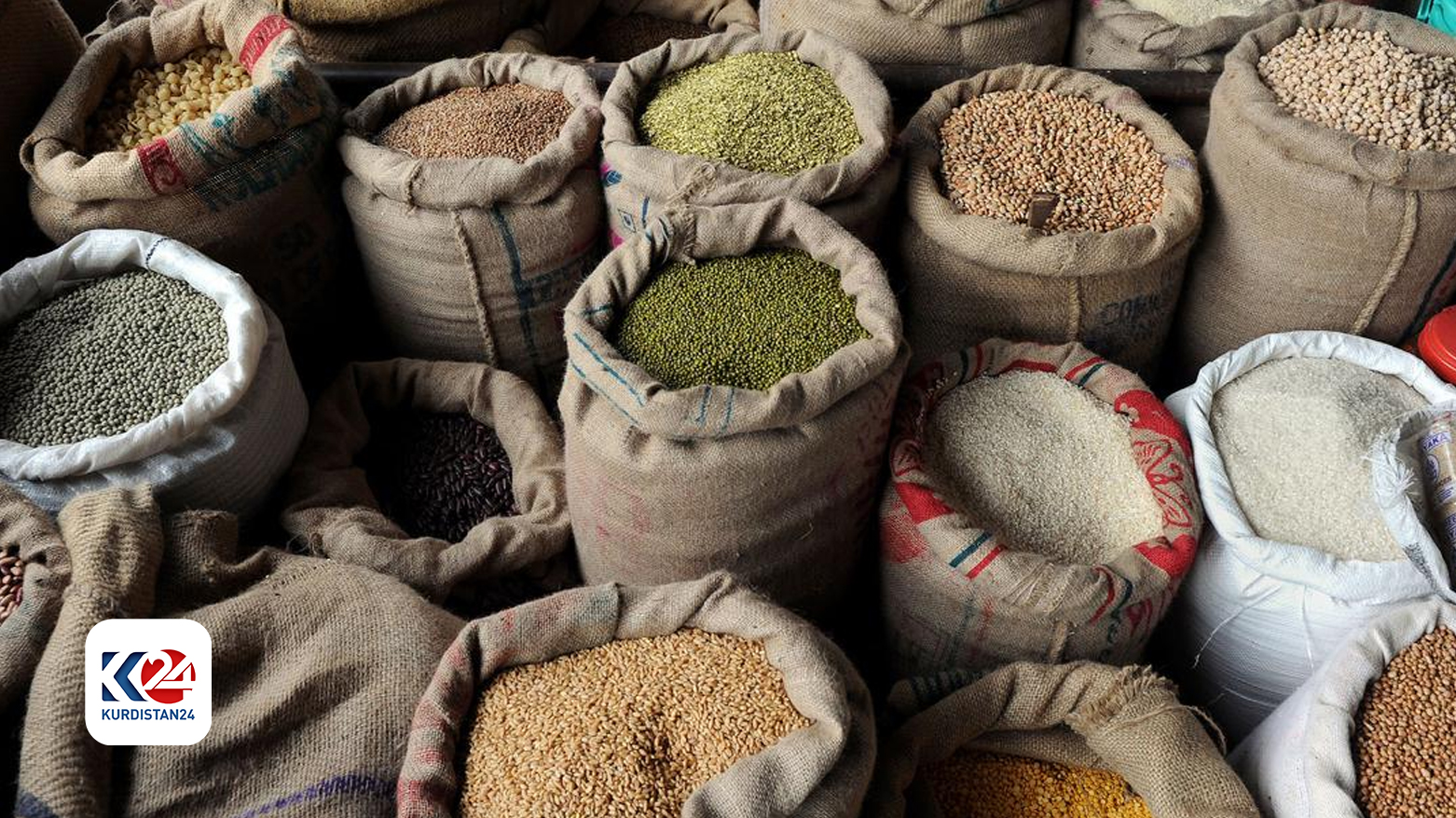Baghdad reduces food rations for Kurdistan Region citizens

ERBIL (Kurdistan 24) - Nawzad Sheikh Kamil, Director General of Trade at the KRG’s Ministry of Trade and Industry, has confirmed reports of a reduction in food rations for KRG citizens, citing communication from the General Company for Foodstuff Trade in Baghdad.
In a statement to Kurdistan 24, Sheikh Kamel clarified that the General Company for Foodstuff Trade notified authorities in the Kurdistan Region of changes to the allocation of food rations, resulting in smaller quantities of rice and tomato paste for citizens this month.
According to Sheikh Kamel, citizens will receive two and a half kilograms of rice, half a kilogram less than in previous months, and one can of tomato paste with a capacity of 800 grams. This adjustment, he emphasized, is not attributed to local food ration agents but rather directives from Baghdad.
Explaining the rationale behind the changes, Sheikh Kamel highlighted that the Federal Ministry of Trade has termed the upcoming distribution as the "Fourth Part Ration," following the additional quantity provided to citizens during Ramadan, which was counted as a full month.
Sheikh Kamel assured that all food rations undergoing distribution will undergo rigorous quality inspections to ensure their adherence to standards. Pending successful quality assessments, the rations will be promptly distributed to citizens, commencing the following day.
While KRG citizens prepare for the adjusted distribution of food rations, Sheikh Kamel emphasized the importance of transparency and accountability in safeguarding the welfare of the populace, reaffirming the Kurdistan Region's commitment to meeting the needs of its residents.
The reduction in food rations for citizens of the Kurdistan Region underscores the broader implications of centralized decision-making on regional livelihoods. While local authorities strive to ensure the well-being of their constituents, external directives from Baghdad can impact the availability and accessibility of essential commodities.
